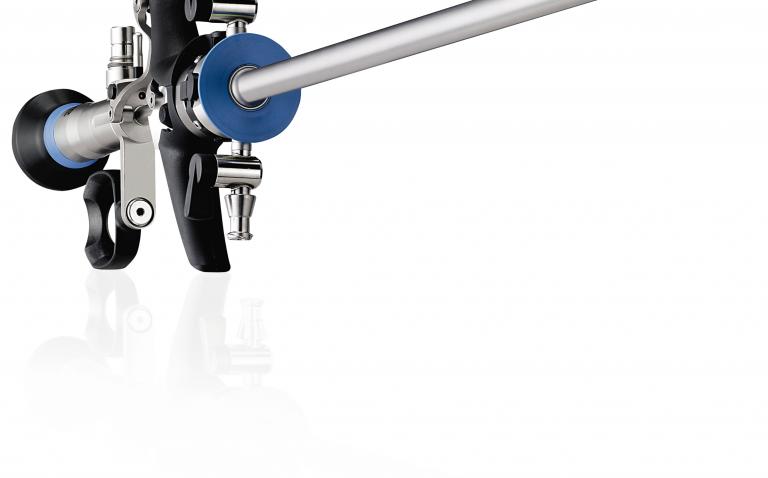Guidance has been released by the National Institute for Health and Care Excellence (NICE) recommending Olympus Medical’s transurethral resection in saline (TURis) system for use in surgery to reduce the size of enlarged prostate glands in men.
NICE published the guidance in light of the potential it offers NHS hospitals to realise substantial cost savings of £285–375 per patient whilst also improving patient outcomes.1
NICE has concluded that the use of TURis for transurethral resection of the prostate (TURP) for benign prostate enlargement (BPE) avoids the risk of transurethral resection (TUR) syndrome and reduces the need for blood transfusions.1 TURis also demonstrated equivalent efficacy to monopolar systems – long considered the ‘gold standard’ for TURP.1
Additionally the Committee found that, as a result of using TURis, there is potential to reduce the length of hospital stay and its associated risks for each patient, as well as reducing hospital readmissions.1 Not only may these benefits improve patient satisfaction and outcomes, but could also result in improved waiting list times, general health system efficiency and increased hospital revenue by switching to day-case procedures.1
Approximately 15,000 TURP procedures are carried out each year in England and Wales.2 With potential savings of between £285 and £375 per patient, at least four million pounds could be saved per year by NHS implementation of the new NICE guidance.1 BPE is the most common cause of lower urinary tract symptoms, also known as LUTS, in men. Approximately 60% of men who are aged 60 or over have some degree of prostate enlargement and the percentage increases to 80–90% in those aged over 80.
Commenting on the NICE guidance, Mr Neil Barber, Urological Surgeon at Frimley Park Hospital, Surrey and a lead expert adviser for the TURis NICE consultation, said; “With an ageing population, treating this condition via surgery, which is required in approximately half of those experiencing problems, is a growing issue for our healthcare system. The new NICE guidelines should be welcomed by patients, surgeons and the NHS due to the improved patient outcomes, efficiencies and potential cost savings that the newly recommended TURis system provides.”
On review of all evidence, NICE concluded the TURis system was of equivalent efficacy to the monopolar systems.1 It noted the important clinical advantages of TURis are reducing the risk of TUR syndrome with the use of a saline irrigation fluid rather than glycine, which is traditionally used with monopolar TURP, and in reducing the need for blood transfusion.1
Gareth Walsh, Director of the Medical Systems Division at Olympus Medical said; “The TURis system provides an outstanding treatment option for benign prostatic enlargement with more than one million successful clinical cases proving its safety and efficacy. The TURis system provides benefits for patients and for the NHS without the need for radical changes in care pathways.”
References:
- National Institute for Health and Care Excellence. NICE medical technology guidance [MTG23]: The TURis system for transurethral resection of the prostate. Published: February 2015. https://www.nice.org.uk/guidance/mtg23. Accessed 25 February 2015
- National Institute for Health and Care Excellence, Medical technology guidance, SCOPE: The TURis system for transurethral resection of the prostate http://www.nice.org.uk/guidance/gid-mt217/documents/the-turis-system-for…. Accessed February 2015










